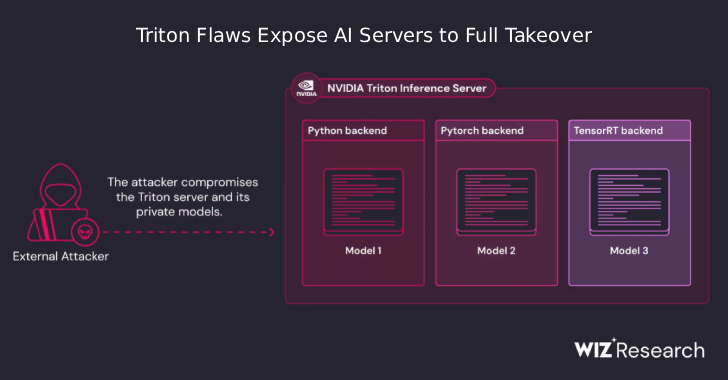
FAQs Regarding CMMC Preliminary Assessments
Introduction: As the Cybersecurity Maturity Model Certification (CMMC) becomes integral for collaboration with the Department of Defense (DoD), organizations within the Defense Industrial Base (DIB) are confronting the intricacies of attaining compliance. Central to navigating this process successfully is the CMMC preliminary assessment—a crucial evaluative step that primes organizations for certification. This exploration through frequently asked questions seeks to clarify the preliminary assessment, illuminating its role, significance, and execution to aid organizations in their compliance endeavors.
1. What is a CMMC Preliminary Assessment?
A CMMC preliminary assessment is a comprehensive review conducted to gauge an organization’s current cybersecurity practices against the CMMC standards. Its scope encompasses identifying gaps, understanding the organization’s readiness for certification, and laying a foundational strategy for achieving compliance. This assessment is pivotal in charting the course for detailed preparation and eventual certification.
2. Why is a Preliminary Assessment Important?
Engaging in a preliminary assessment is crucial for several reasons. It offers organizations a clear understanding of their cybersecurity posture relative to CMMC requirements, enabling targeted improvements. By identifying gaps early, it allows for strategic, resource-efficient planning and reduces the risk of surprises during the official CMMC audit.
3. Who Should Conduct the Preliminary Assessment?
The assessment should ideally be conducted by individuals or entities specializing in CMMC standards and cybersecurity assessments. This could include internal teams with requisite knowledge or external consultants certified in CMMC practices. The chosen assessor(s) must possess a deep understanding of CMMC requirements and the cybersecurity landscape to ensure a thorough and objective evaluation.
4. What Happens During a Preliminary Assessment?
During a preliminary assessment, the assessor reviews the organization’s cybersecurity policies, practices, and controls. This process involves examining documentation, interviewing key personnel, and assessing the cybersecurity infrastructure to identify compliance gaps and areas for improvement.
5. How Does a Preliminary Assessment Differ from the Official CMMC Audit?
The preliminary assessment is an internal diagnostic tool meant to prepare organizations for the formal CMMC audit. Unlike the official audit, which determines certification eligibility, the preliminary assessment focuses on identifying gaps and areas for enhancement without the pressure of immediate compliance judgment.
6. Can an Organization Fail a Preliminary Assessment?
Given its nature as a diagnostic and preparatory exercise, organizations do not “fail” a preliminary assessment. Instead, it serves to highlight areas requiring attention, providing invaluable insights for compliance strategy development.
7. What Are the Next Steps After a Preliminary Assessment?
Following the assessment, organizations should develop and implement a remediation plan to address identified gaps. This involves prioritizing actions based on their impact on CMMC compliance, allocating resources, and setting timelines for improvement efforts.
8. How Often Should a Preliminary Assessment Be Conducted?
The frequency of preliminary assessments should align with changes in CMMC requirements, cybersecurity threats, or significant modifications to the organization’s IT infrastructure. Regular assessments can help maintain readiness for formal audits and ensure ongoing compliance.
9. What Costs Are Associated with a Preliminary Assessment?
Costs can vary depending on whether the assessment is conducted internally or through external consultants. Organizations should consider expenses related to personnel time, technological resources, and possible consultancy fees. Budgeting for these costs is a critical part of the preparation process.
10. How Can Organizations Prepare for a Preliminary Assessment?
Preparation involves ensuring accessibility to relevant documentation, engaging stakeholders across the organization, and fostering an environment conducive to thorough evaluation. Organizations may also benefit from preliminary self-assessments or workshops to familiarize themselves with CMMC requirements.
Conclusion: The CMMC Preliminary Assessment is an essential stepping stone for DIB organizations on their path to compliance. By addressing these FAQs, companies can demystify the assessment process, recognizing its integral role in strategic cybersecurity planning. As cybersecurity landscapes and compliance standards evolve, being well-informed and prepared is paramount. This proactive approach not only aids in achieving CMMC certification but also reinforces the organization’s commitment to securing vital defense-related information, ensuring long-term success and resilience in an increasingly digitized world.
Contact Cyber Defense Advisors to learn more about our CMMC solutions.





